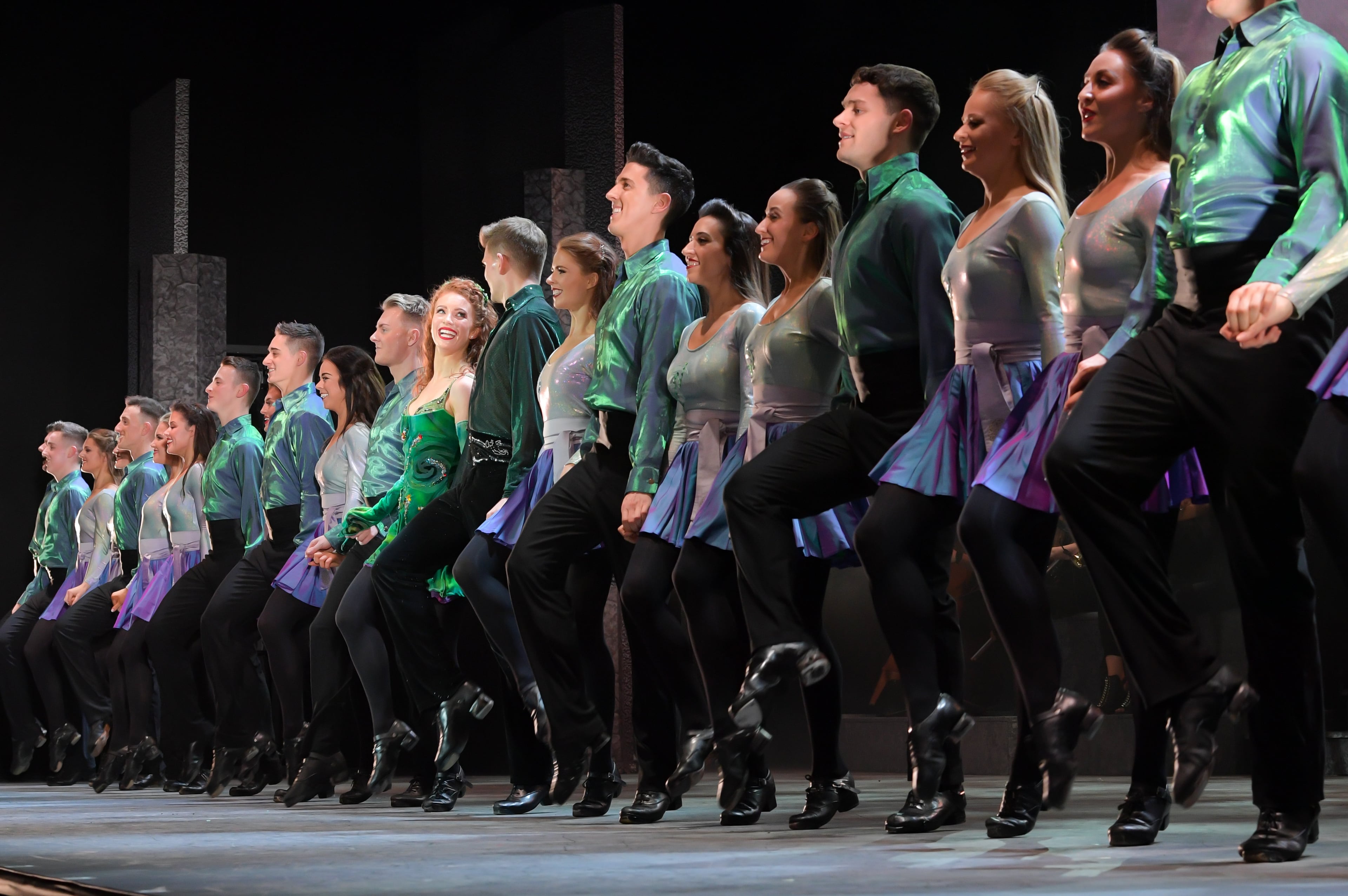Best-selling author: Don’t underestimate animal intelligence
AJC DECATUR BOOK FESTIVAL
Pat Conroy tribute keynote event, 8 p.m. Sept. 2 at Emory's Schwartz Center. Dav Pilkey kidnote event, 5 p.m. Sept. 2 at Decatur High School's Performing Arts Center. Festival, 9:30 a.m.-6:15 p.m. Sept. 3; 11:30 a.m.-6 p.m. Sept. 4. All events free; tickets required for keynote and kidnote events. www.decaturbookfestival.com.
Take the AJC guide to the festival with you on your phone. Daily schedule, editor's picks, photos and video. Go to ajc.com/dbfguide.
We human beings tend to see ourselves as special compared to other animals. Scientists over the years have touted our supposed unique abilities such as sense of self, a grasp of the future and specific ways to solve problems.
But in Frans de Waal’s best-selling 11th book, “Are We Smart Enough To Know How Smart Animals Are?,” the Emory psychology professor calls those assertions into question after reviewing recent research on animals ranging from crows to wasps to chimpanzees.
In fact, in an interview, he said people have to stop comparing our intelligence with that of other animals, that they have their own unique abilities, sometimes so complex they’re beyond our scope of comprehension.
"Some animals do things we cannot relate to," said de Waal, who is also director of the Living Links Center at the Yerkes National Primate Research Center in Atlanta. He will speak at the AJC Decatur Book Festival on Sept. 3.
He cited how bats use echolocation, taking sound waves and echoes to locate food and get around. “We don’t even rank that as intelligence,” he said. “We say it’s more like perception. But ask any engineer who designs a radar system for an airplane. It’s an amazing feat of cognition.”
Humans tend to measure ourselves against animals by focusing on skills we tend to excel at, such as language and counting. “Our culture is understandably human-focused,” he said. “Animals have no souls and all that. We have that whole perspective. But as a scientist, it’s not necessarily the best perspective.”
The good news, he said, is “the younger generation of scientists doesn’t subscribe to human uniqueness the way previous ones did.”
As a mammal expert, de Waal found studies on invertebrates enlightening. The octopus, he learned, is adept at changing color and blending into its environment. “Their main goal is to avoid predators. Everything in the ocean eats the octopus. Those kinds of skills we don’t fully understand.”
Frans de Waal will discuss “Are We Smart Enough To Know How Smart Animals Are?” at 4:15 p.m. Sept. 3 at First Baptist Decatur Sanctuary.


